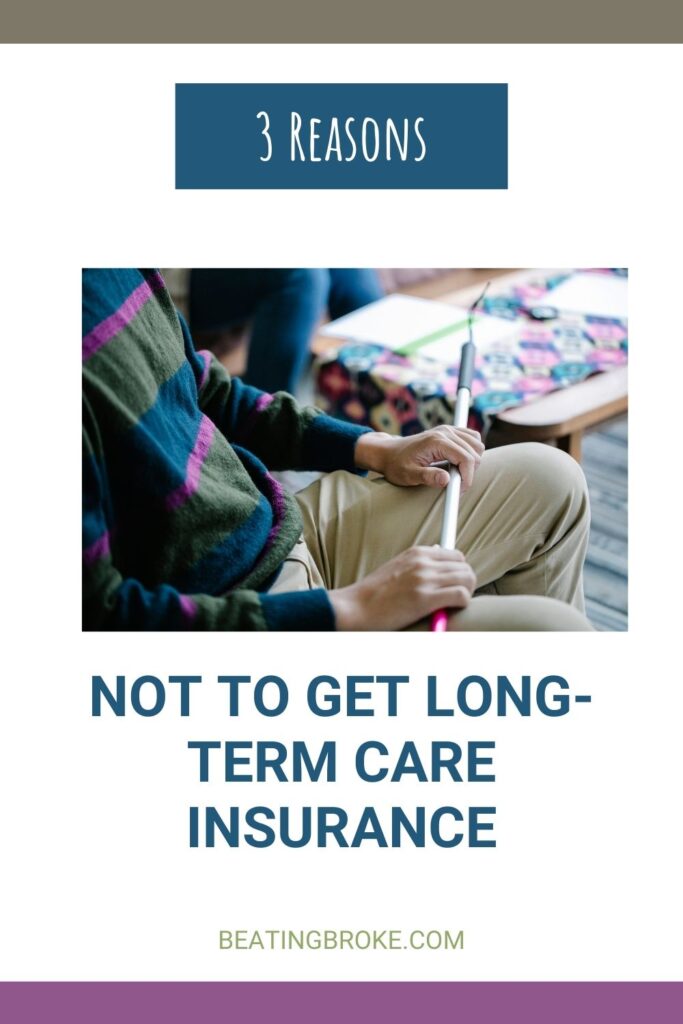When envisioning retirement, many picture tranquil beach towns or serene rural areas. However, the contemporary retiree’s aspirations often extend beyond the conventional, seeking vibrant culture, modern amenities, and unique experiences. This shift in retirement dreams has brought unlikely cities into the spotlight, transforming them into unexpected paradises for those looking to enjoy their golden years to the fullest. From bustling metropolises with hidden tranquil spots to lesser-known towns offering a blend of leisure and adventure, these 12 cities are genuine retirement paradises.
1. Boise, Idaho: The Pacific Northwest’s Hidden Gem
Boise stands out as a retirement haven thanks to its blend of urban and natural attractions. Surrounded by picturesque mountains and a plethora of trails, it offers outdoor enthusiasts endless activities. The city itself is known for its vibrant arts scene, diverse culinary offerings, and a sense of community that’s hard to find in larger cities. With its relatively low cost of living and high-quality healthcare, Boise is emerging as a top choice for retirees seeking a balance of city life and outdoor adventure.
2. Asheville, North Carolina: Arts and Nature in Harmony
Nestled in the Blue Ridge Mountains, Asheville is a magnet for retirees who appreciate the arts, fine dining, and natural beauty. This city boasts a thriving arts scene, with galleries, theaters, and live music around every corner. The nearby mountains offer a playground for hikers and nature lovers, while the city’s wellness and holistic health community support a lifestyle focused on well-being. Asheville’s mild climate and welcoming community make it an ideal retirement spot for the culturally inclined.
3. Tucson, Arizona: A Desert Oasis with a Cultural Twist
Tucson offers more than just warm weather and stunning desert landscapes. It’s a cultural hotspot with a rich history, vibrant arts scene, and unique culinary heritage, thanks to its designation as a UNESCO City of Gastronomy. The city is also home to the University of Arizona, providing educational and cultural events that keep the community lively and engaged. Tucson’s affordable living costs, coupled with its outdoor recreation opportunities, make it a standout choice for retirees.
4. Chattanooga, Tennessee: High-Tech Haven with a Side of Nature
Chattanooga is quickly becoming a favorite among tech-savvy retirees. Known for having one of the fastest internet speeds in the nation, it’s a hotspot for those who want to stay connected. The city’s revitalized riverfront, abundant parks, and proximity to the Appalachian Mountains offer a perfect blend of urban and outdoor living. Chattanooga’s rich cultural heritage, from music to museums, ensures there’s always something new to explore, making it a great option among the list of retirement paradises.
5. Sarasota, Florida: Beyond the Beaches
While Florida is no stranger to retirees, Sarasota presents a unique blend of cultural richness and leisurely living. Known for its world-class beaches, Sarasota also prides itself on a thriving arts scene, including the renowned Ringling Museum of Art. The city’s diverse dining, shopping, and entertainment options cater to a variety of tastes and interests. Sarasota’s commitment to community and active lifestyle amenities make it more than just a beach town for retirees.
6. Pittsburgh, Pennsylvania: Industrial Past, Green Future
Pittsburgh’s transformation from an industrial hub to a green, tech-savvy city has caught the eye of many retirees. The city’s affordable cost of living, coupled with its rich cultural tapestry and access to top-tier healthcare, makes it an attractive option. Pittsburgh’s numerous parks and rivers provide ample outdoor recreation, while its neighborhoods exude charm and history, offering a cozy yet vibrant setting for retirement.
7. Louisville, Kentucky: A Culinary and Cultural Feast
Louisville is making waves with its dynamic culinary scene, bourbon heritage, and lively arts and music culture. Retirees here enjoy a blend of traditional Southern hospitality and modern urban living. The city’s numerous festivals, along with the famed Churchill Downs, provide year-round entertainment. Louisville’s affordability and friendly atmosphere make it a welcoming place for retirees looking to indulge in their culinary and cultural passions.
8. Madison, Wisconsin: A Lakeside College Town
Madison offers a unique retirement experience with its stunning lakeside setting, vibrant cultural scene, and a strong sense of community. This college town is teeming with intellectual activities, outdoor recreation, and volunteer opportunities, keeping retirees both mentally and physically active. Madison’s emphasis on sustainability and health, combined with its eclectic dining and shopping, make it an appealing choice for those seeking an active and engaged retirement.
9. Albuquerque, New Mexico: Hot Air Balloons and Cultural Melting Pot
Albuquerque is famed for its annual International Balloon Fiesta, but there’s much more to this city than just hot air balloons. Its rich blend of Native American and Hispanic cultures, combined with a sunny climate and stunning natural scenery, offers a unique backdrop for retirement. The city’s affordable living, coupled with its art galleries, museums, and culinary scene, provide a vibrant yet relaxed lifestyle for retirees.
10. Reno, Nevada: More Than Just Casinos
Reno is shedding its reputation as a mere gambling destination, emerging as a city with much to offer retirees. Nestled at the base of the Sierra Nevada, it provides easy access to outdoor adventures, from hiking to skiing. The city’s burgeoning arts scene, diverse culinary offerings, and range of cultural festivals add to its appeal. With its affordable housing and no state income tax, Reno is becoming a popular choice for retirees seeking both excitement and relaxation.
11. Greenville, South Carolina: Southern Charm with a Modern Twist
Greenville combines traditional Southern charm with a modern urban vibe, making it an attractive retirement destination. The city’s downtown, with its scenic riverfront, is the heart of Greenville’s cultural and social life, offering shops, restaurants, and art galleries. The surrounding Blue Ridge Mountains provide a beautiful backdrop and ample outdoor activities. Greenville’s commitment to community and the arts, along with its mild climate, makes it a welcoming place for retirees.
12. Spokane, Washington: A Gateway to the Great Outdoors
Spokane offers retirees the best of both worlds: a lively urban center surrounded by the natural beauty of the Inland Northwest. Its affordable cost of living, vibrant arts scene, and a plethora of parks and recreational opportunities make it an ideal spot for those seeking an active and engaging retirement. Spokane’s community-focused atmosphere and proximity to outdoor adventures in places like the Spokane River and Mount Spokane State Park cater to retirees looking for a balance between city living and nature exploration.
Retirement Paradises Are Within Reach
Ultimately, retirement paradises are no longer confined to quiet coastal towns or secluded rural areas. These 12 cities illustrate the diverse options available to today’s retirees, who prioritize culture, community, and adventure alongside tranquility and relaxation. Whether you’re drawn to the arts, outdoor activities, or a vibrant culinary scene, there’s an unexpected retirement haven waiting to be discovered.
Catherine is a tech-savvy writer who has focused on the personal finance space for more than eight years. She has a Bachelor’s in Information Technology and enjoys showcasing how tech can simplify everyday personal finance tasks like budgeting, spending tracking, and planning for the future. Additionally, she’s explored the ins and outs of the world of side hustles and loves to share what she’s learned along the way. When she’s not working, you can find her relaxing at home in the Pacific Northwest with her two cats or enjoying a cup of coffee at her neighborhood cafe.















 There’s no good time to save for retirement.
There’s no good time to save for retirement.
